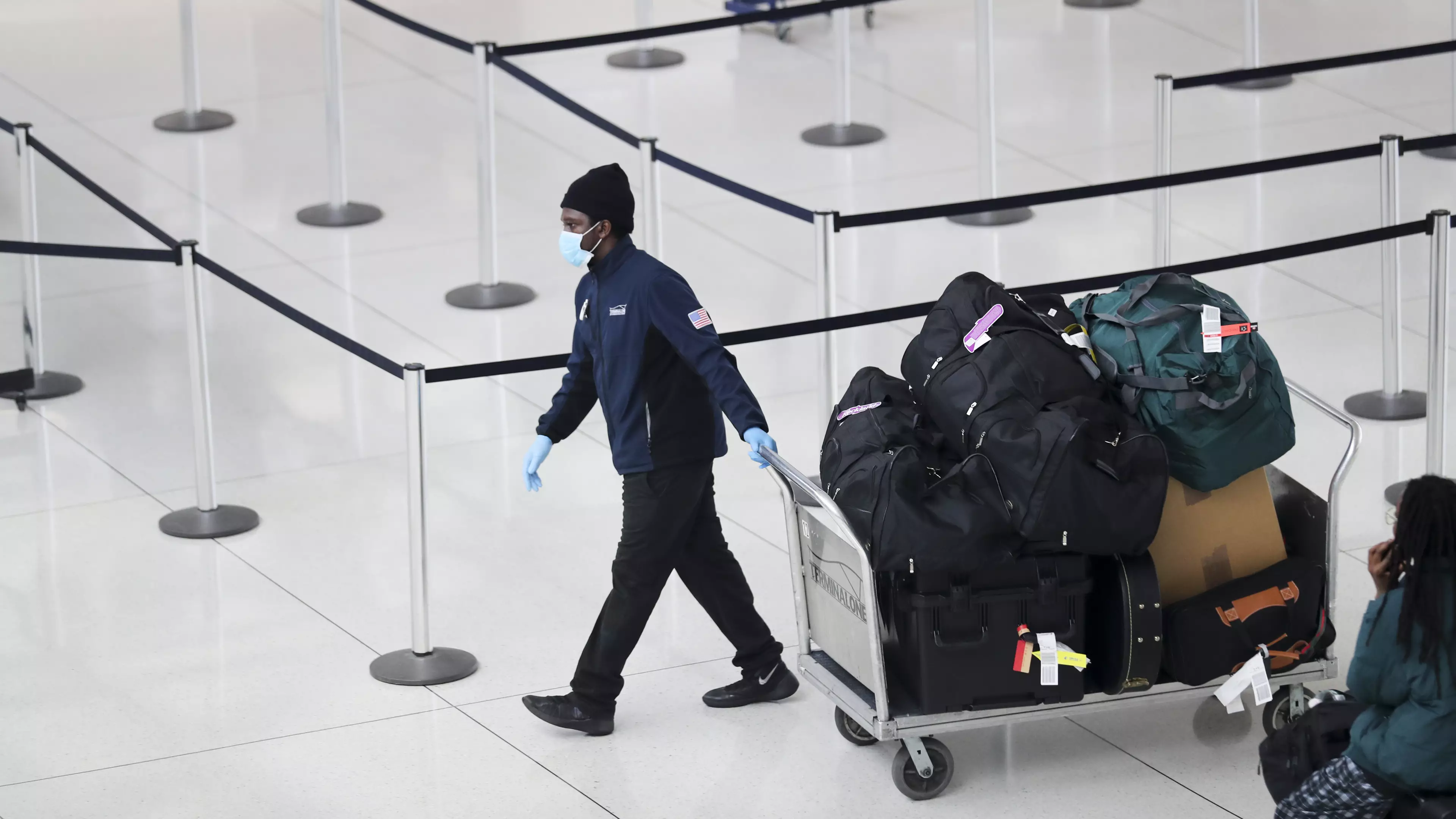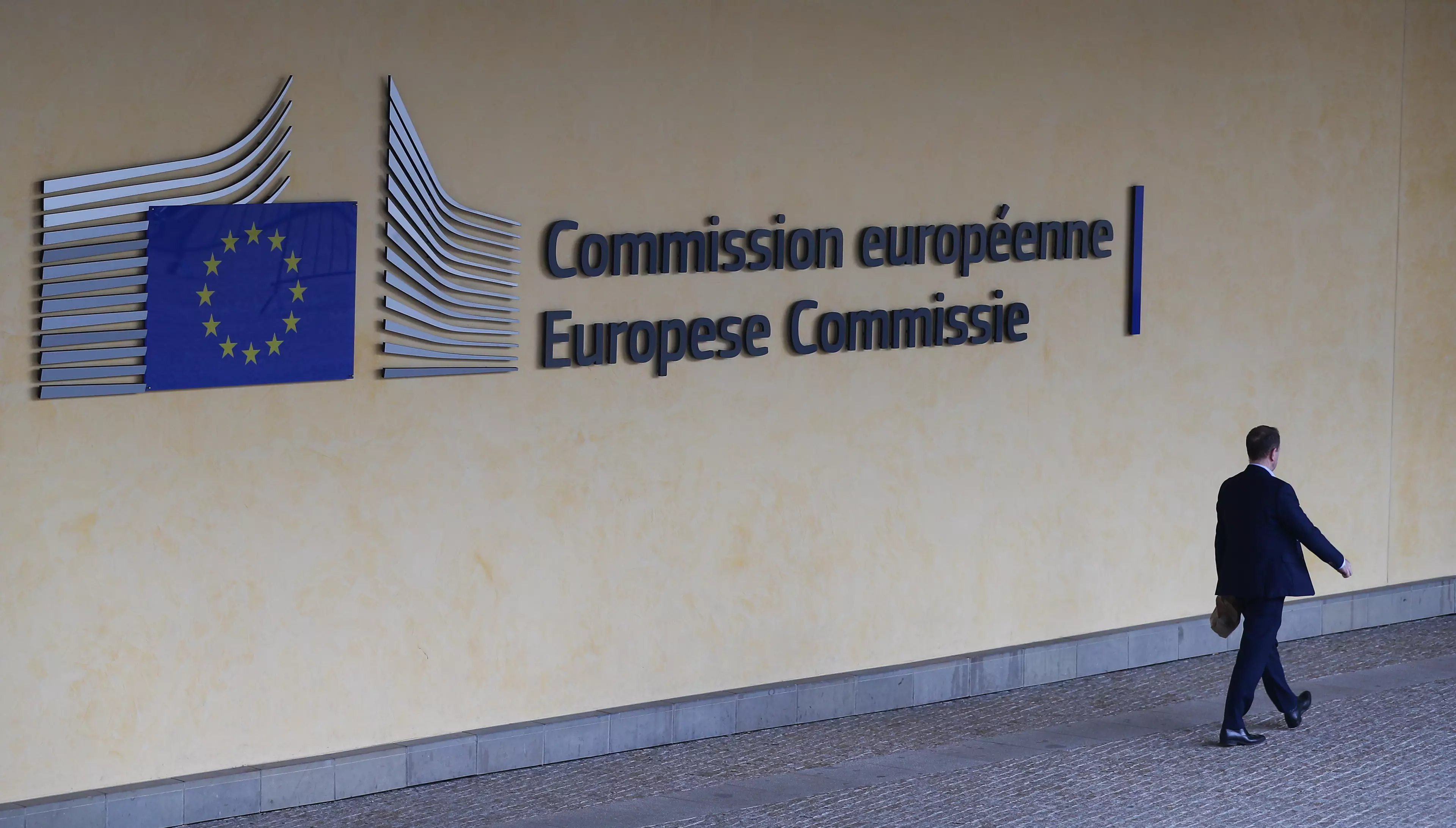
The EU commission has set out a proposal to ban all non-essential arrivals into EU countries from nations outside the bloc for at least 30 days in an attempt to contain the spread of Covid-19.
The plans were announced today, and they include potential 'green lanes' that would mean medical items, food and emergency services can still be transported.
Advert
In a press conference, it was revealed the proposed temporary restrictions would mean that for 30 days, all but essential travel would be banned.
The European Commission president Ursula von der Leyen said the ban wouldn't apply to British citizens.
She said: "The UK citizens are European citizens so of course there are no restrictions for the UK citizens to travel to the continent."
The news comes just hours after the EU also announced a new export scheme that meant certain medical goods could only be exported to countries not in the union with 'explicit authorisation' of the EU governments.
Advert
The commission said in a tweet: "We need this equipment to protect our healthcare workers and citizens."

The news comes after countries all over the world have taken measures to try to stop the spread of the virus. The Irish government asked all the country's pubs to close from yesterday (15 March), while Austria have banned gatherings of more than five people.
Stories of stockpiling have also been spreading across social media. Images have shown empty shelves, with people panic-buying anything from toilet roll and pasta, to guns (in the US).

Meanwhile, human trials will begin in the US this week for a coronavirus vaccine.
Advert
The trial, which is funded by the National Institutes of Health, will use its first human participant today [Monday 16 March] to test the vaccine for any side-effects.
However, they will not be infected with the virus beforehand, according to the Independent.
The trial will involve 45 healthy volunteers and will be held at the Kaiser Permanente Washington Health Research Institute in Seattle.
Experts have warned that even if the tests go well it will most likely be more than a year until we have a fully ready-to-use vaccine.

Researchers in the UK have announced their vaccine could be going through human trials in June.
Advert
Researchers from Imperial College London said the vaccine had had successful trials in mice.
Dr Paul McKay told the Daily Express: "We've made a vaccine and already tested it in mice. I've got results from a month after I injected those, and the vaccine works really, really well.
"The next thing is that we need the Government to fund us to do human clinical trials. The responses in the mice were huge so I really can't see that it would be a poor response in people."
Featured Image Credit: PATopics: World News, coronavirus, Health